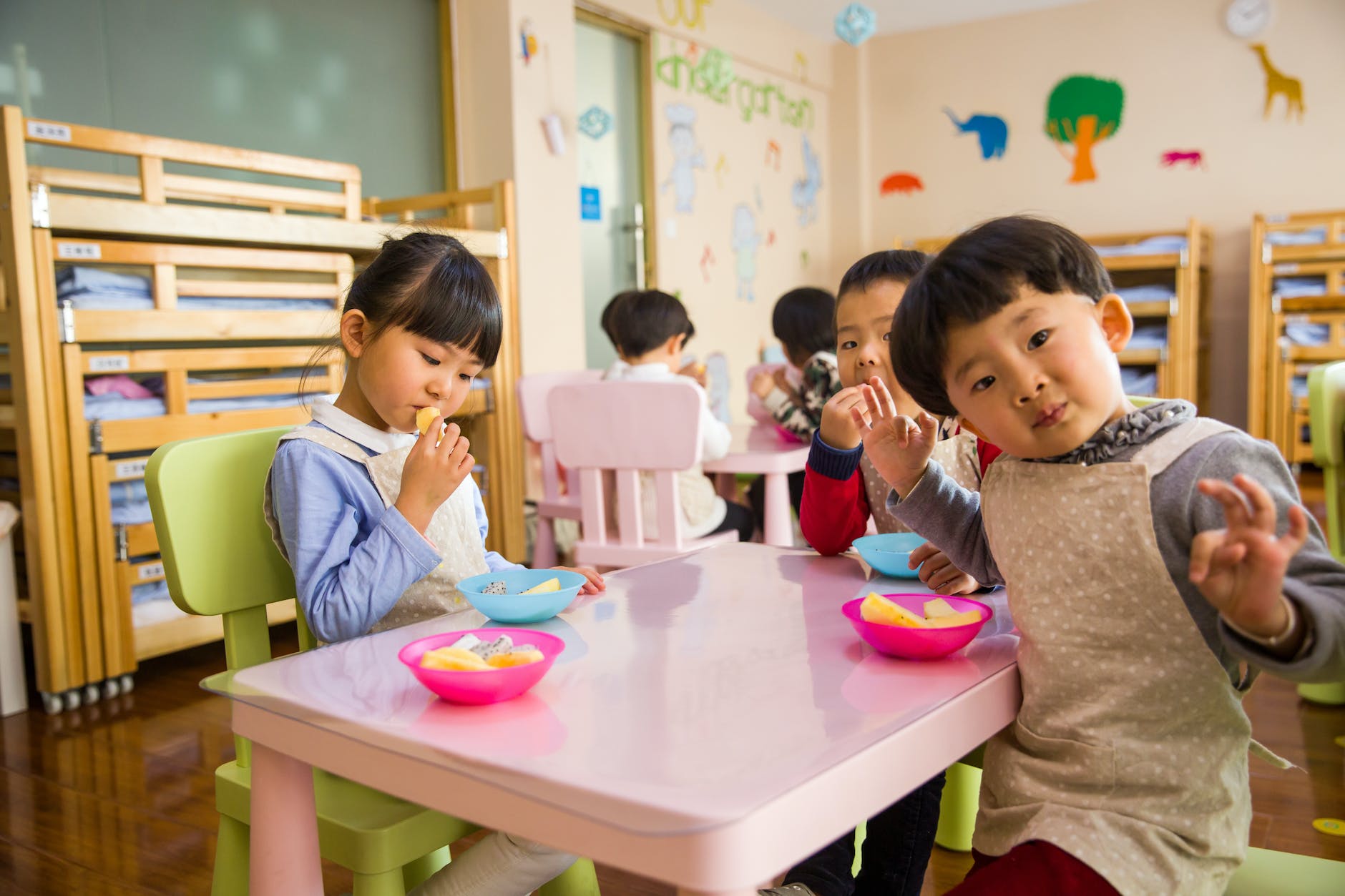Yesterday’s Sunday family lunch was at a popular Japanese restaurant in Bandar Puteri, Puchong. We were early and got a table just as they opened. Otherwise it would be a long wait. For a change, I thought I would share some photos of the food we enjoyed.



What was worrying during the otherwise pleasant meal was the scene at the next table, parents with two young girls. The parents had the strategy to come early as well, and there were no issues in ordering the food. They were also very comfortable lining up the two water bottles of their daughters so that these would form a sturdy support for the phone that the girls were glued to the entire meal. This is probably a common practice at mealtimes for this family? There were other tables of young children heavily occupied with handphones as well, but at least these were taken away from the little hands when the meals were served. This unfortunately is a common scene at many eating places in the country. It is a shame when parents do not recognise the power of mealtimes in early childhood.

Mealtimes in early childhood offer excellent learning moments, in particular lessons in socialization! Here are some of the benefits of family mealtimes for young children:
- A meatime conversation is a rich and meaningful environment that allows children to practise communication skills, both verbal and nonverbal as they express themselves – their needs and preferences and ask questions. They listen and respond to others. They practice turn-taking. Vocabulary and grammatical knowledge are enhanced as conversations build around a range of everyday topics.
- Mealtimes are natural and regular times for family members to bond with each other. Family members connect with one another, share stories and experiences, and these practices can strengthen their relationships. Emotional well-being is also fostered through these exchanges.
- Mealtimes allow families to share cultural traditions, including food, language, and customs. Children can learn about their cultural heritage and develop a sense of identity.
- Mealtimes allow parents to model healthy eating behaviours and attitudes as well. Early childhood is a crucial time for the development of lifelong eating habits.
- Mealtimes allow children to learn table manners, such as using utensils properly, chewing with their mouths closed, and not talking with their mouths full. Good table manners show respect for others and can help children make a positive impression in social situations. Good table manners are an essential part of social skills, and when these are nurtured from young, they last a lifetime.
- Mealtimes can teach children about sharing, taking turns, and passing food around the table. Sharing is an important social skill that can help children build positive relationships with others.
- Mealtimes can foster patience as children wait for others to finish their food, wait their turn to speak, and wait for their food to be served.
- Mealtimes can provide an opportunity for children to learn gratitude by thanking the person who prepared the food and expressing appreciation for the meal.

Whenever I conduct practicum observations of our ECE students, I always make it point to observe the mealtimes in the ECE settings. This allows me to observe how the ECE practicum student interacts with the children in this context, and to see if he or she is able to recognise and capitalise on the many learning moments offered during meal times.

One of the ECE progammes that we offer at SEGi College Subang Jaya is the Integrating Montessori Practice. This is a collaborative programme with Montessori Centre International UK. The programme has specific lessons on how children can encouraged to practice grace and courtesy during mealtimes. Contact us for more details on the Montessori programme.